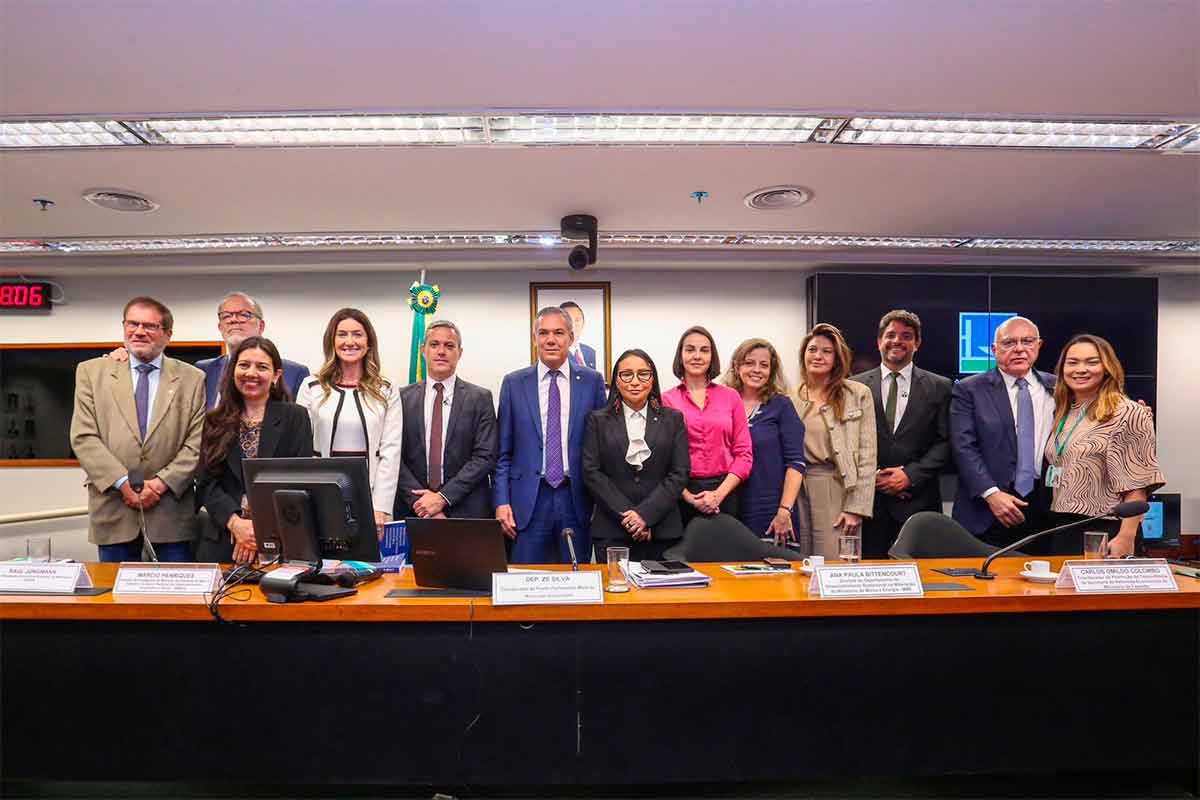 (Photo: Disclosure) The special committee of the Chamber of Deputies that oversees energy transition initiatives discussed this Thursday (11), in a meeting, the need for the country to have public policies for critical and strategic minerals and the challenges of production and market. “Rare minerals are the passport to the future and we cannot miss the opportunity”, said the president of Ibram (Brazilian Mining Institute), Raul Jungmann.
(Photo: Disclosure) The special committee of the Chamber of Deputies that oversees energy transition initiatives discussed this Thursday (11), in a meeting, the need for the country to have public policies for critical and strategic minerals and the challenges of production and market. “Rare minerals are the passport to the future and we cannot miss the opportunity”, said the president of Ibram (Brazilian Mining Institute), Raul Jungmann.The vice-president of Sigma Lithium, Lígia Pinto, presented the prospects for the lithium market and showed how the company is positioning Brazil as a leader in the sector. Sigma is today the fourth largest lithium producer in the world (the sixth largest, when the list includes the extraction of salt deposits), with 270 thousand tons/year of lithium for batteries. By 2025, with the expansion of mining and processing activities, it will reach 520 thousand tons/year. Next year, capacity will be 770 thousand tons per year, and consumption will continue, entering the chemical sector, which adds more value to the product.
The expansion will make the company more competitive, as the increase in production scale will reduce operating costs, which are already low at Sigma, explained the executive. Lígia showed parliamentarians, businesspeople and government technicians who participated in the debate a comparison with other companies that highlighted Sigma's advantages due to its management system. “Sigma has lower costs, which reflects its viability even when lithium prices have fallen by 85% in the market. We are more fiscally responsible, we are able to deal with this market situation differently and we are facing inflation with the aim of reaching a level that makes us more resilient. Costs decrease with expansion. Furthermore, we will double the number of jobs, which is desirable and important for the Jequitinhonha Valley”, he stated.
In this highly competitive market, Lígia also highlighted that Sigma's difference is its production process, which, through best ESG practices, does not use harmful chemicals, drinking water or dirty energy, is carbon neutral and does not have a waste pool . “It is a relevant and robust product, coming from a Brazilian company,” he said. “We are no longer a country that promotes exports of raw ore. We're sending them a raw technology product. That’s what makes us unique,” he said.
Ibram commissioned research from the Mining Technology Center (Cetem) to support the formulation of policies and strategies for critical minerals. At the conference, the results were presented by researcher Lúcia Helena Xavier, co-author of the work. It presents proposals so that the Brazilian State, in addition to governments, can formulate this policy. At a time when the world is talking about transitioning to a low-carbon economy, having strategic planning and goals for the mining sector is essential for Brazil to achieve its carbon neutrality goals for 2050.
